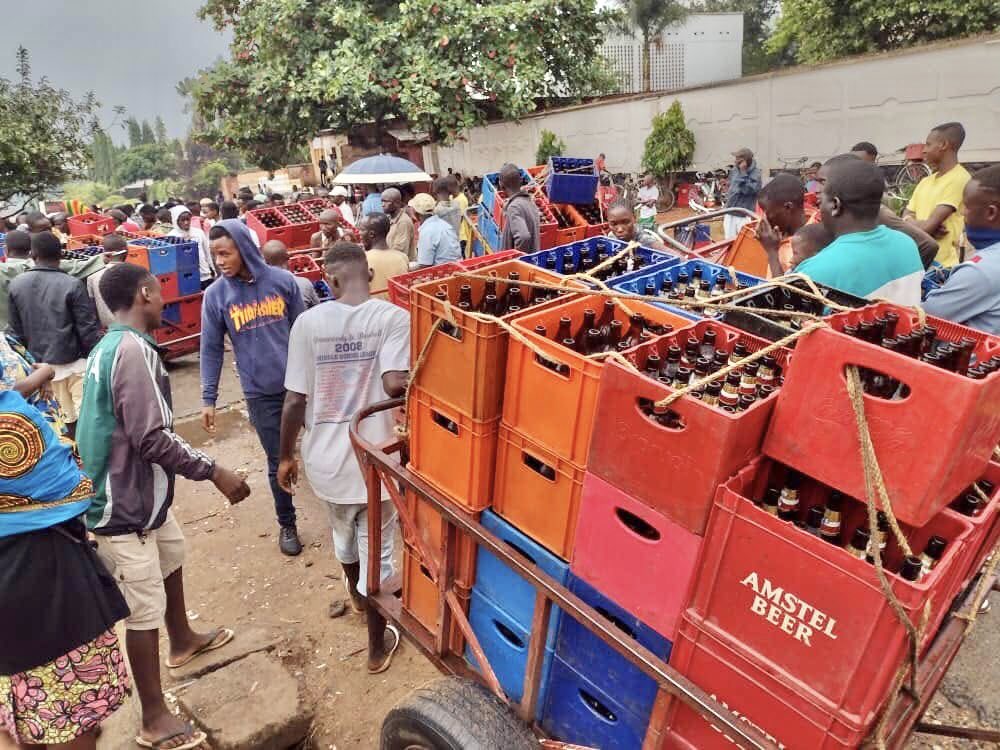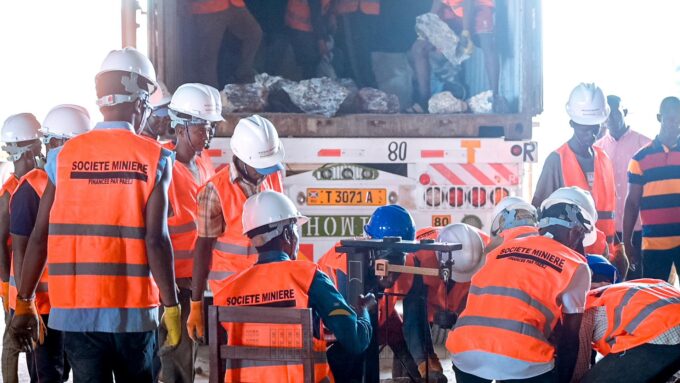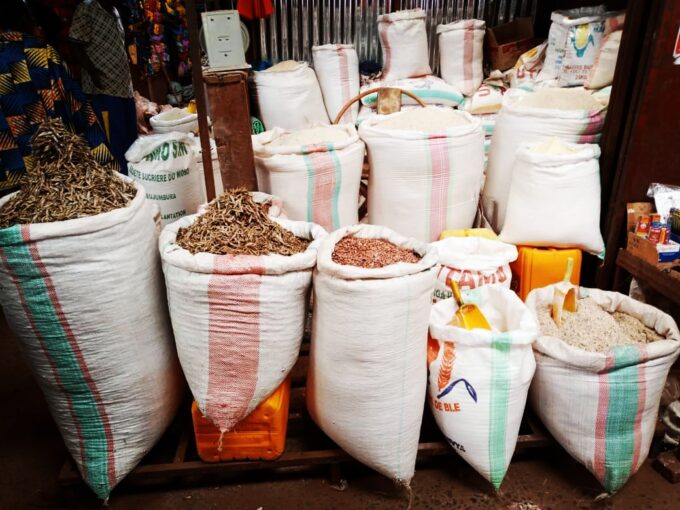Burundi’s largest brewery, BRARUDI, has announced a significant increase in the prices of its beverages, citing a continued rise in production costs. The move has sparked frustration among consumers, especially as many of the company’s popular drinks remain scarce on the market.
In a press release issued late Tuesday, BRARUDI informed customers and business partners that the new prices would take effect from Wednesday, August 13, 2025. The company attributed the decision to the “ongoing increase in production costs, particularly the prices of raw materials, spare parts, and other essential inputs.”
Under the new pricing, a 72cl bottle of Primus will rise from 2,800 BIF to 3,300 BIF, while the 65cl Amstel Blonde will jump from 3,500 BIF to 6,000 BIF—a hike of over 70%.
The announcement comes at a time when some BRARUDI beverages have been hard to find in shops, with reports of price speculation by retailers. In some areas, consumers say they have been paying nearly double the official retail price for certain drinks, such as the Amstel Blonde, which was reportedly sold for as high as 8,000 BIF in some localities.
The price hike has been met with immediate backlash from customers.
“We are very unhappy about this. In a country already struggling with poverty, this will directly affect our daily lives,” said a resident of Burunga province in southern Burundi.
Another consumer in Bujumbura acknowledged the economic pressures facing the company but criticized the move:
“Given the current economic situation, this decision is not surprising. However, if it led to an actual improvement in product availability, we might welcome it. Unfortunately, that’s not the case—it only makes life harder.”
In Gitega, the country’s political capital, some consumers expressed cautious hope that the increase might stabilize supply.
“We hope these new prices will at least ensure that the drinks are available in sufficient quantities at sales points,” one resident said.
The Burundian Consumer Association (ABUCO) has condemned the price revision as “unilateral” and “excessive.”
“This increase comes at a time when consumers are already in a difficult situation. It is an exaggerated rise,” said the association’s secretary general, Noël Nkurunziza. He urged the government to suspend the decision and implement measures to protect buyers from further hardship.
According to Nkurunziza, the new official prices effectively legitimize those set by speculative traders.
“We are calling on the Ministry of Commerce to halt this measure and to take steps that won’t put consumers in an even worse position,” he said.
The last time BRARUDI raised its prices was in June 2024, citing higher costs for raw materials, packaging, and transportation.








Leave a comment